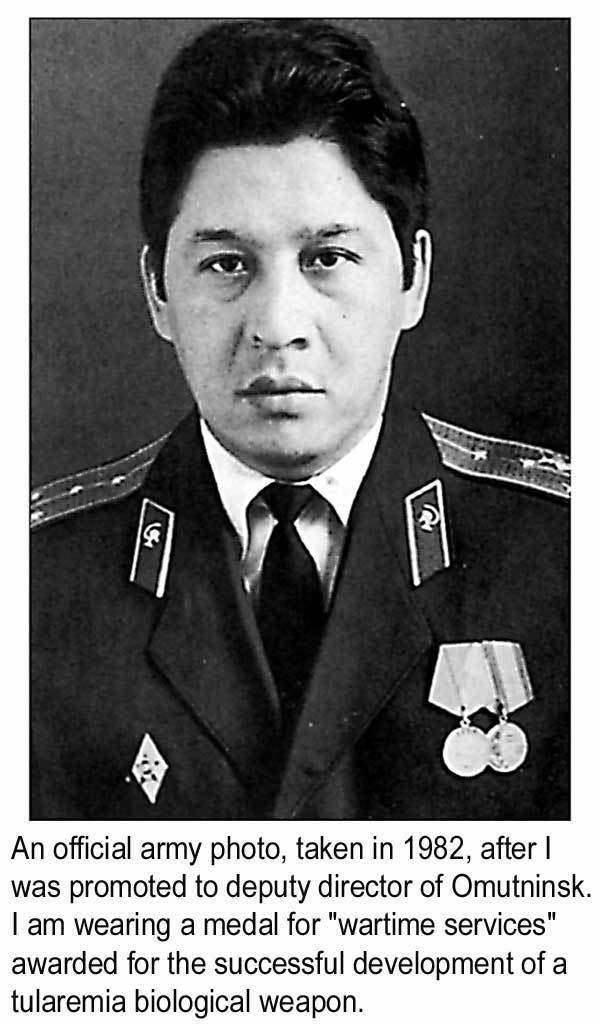1) A thread on social, economic, and technological change:
-Change is bad
-People in the past had it easier than we do
-Choice is bad
-Learning new skills is bad
-Change never happened before now
And, yes, we live in a society where people are under tremendous social and psychological pressure and it manifests itself in all sorts of seen and unseen pathologies which cause much misery.
More from Internet
We’ve spent the last ten months building #CitizenBrowser, a project that aims to peek inside the Black Box of social media algorithms, by building a nationwide panel to share data with us. Today, we are publishing our first story from the project. /1
.@corintxt crunched the numbers and found that after Facebook flipped the switch for political ads, partisan content elbowed out reputable news outlets in our panelists’ news feeds. https://t.co/Z0kibSBeQZ /2
You can learn more in our methodology, where we describe how we did this and what steps we took to ensure that we preserved the panelists' privacy. https://t.co/UYbTXAjy5i /3
Personally, this project is the culmination of years of experiments trying to figure out how to collect data from social media platforms in a way that can lead to meaningful reporting. I’ve described a couple of highlights below 👇 /4
My first attempt was in 2016 at Propublica, when I was working with @JuliaAngwin . We were interested in seeing if there was a difference in the Ad interests FB disclosed to users in their settings and the interests they showed to marketers. /5
.@corintxt crunched the numbers and found that after Facebook flipped the switch for political ads, partisan content elbowed out reputable news outlets in our panelists’ news feeds. https://t.co/Z0kibSBeQZ /2
You can learn more in our methodology, where we describe how we did this and what steps we took to ensure that we preserved the panelists' privacy. https://t.co/UYbTXAjy5i /3
Personally, this project is the culmination of years of experiments trying to figure out how to collect data from social media platforms in a way that can lead to meaningful reporting. I’ve described a couple of highlights below 👇 /4
My first attempt was in 2016 at Propublica, when I was working with @JuliaAngwin . We were interested in seeing if there was a difference in the Ad interests FB disclosed to users in their settings and the interests they showed to marketers. /5
1.
01/06/2021 Riot decode via Youtube/Twitch
Symbolism comms allow hiding messages in plain sight, classified data updates, or signals to coordinate crimes.
e.g. I decoded a song that implied Mi6 + CIA used the Radio to coordinate the removal of JFK.
01/06/2021 Riot decode via Youtube/Twitch
Symbolism comms allow hiding messages in plain sight, classified data updates, or signals to coordinate crimes.
e.g. I decoded a song that implied Mi6 + CIA used the Radio to coordinate the removal of JFK.
1.
— CodesUcq (@CodesUcq) March 28, 2020
I've gotten a lot of requests to decode the new 17/Q Minute Bob Dylan song about JFK's murder.
Ok.
So first up this isn't a new song except in that it's just been released. The question of why wasn't it released before is worth considering.
https://t.co/FZjO8Dm92l
You May Also Like
1/x Fort Detrick History
Mr. Patrick, one of the chief scientists at the Army Biological Warfare Laboratories at Fort Detrick in Frederick, Md., held five classified US patents for the process of weaponizing anthrax.
2/x
Under Mr. Patrick’s direction, scientists at Fort Detrick developed a tularemia agent that, if disseminated by airplane, could cause casualties & sickness over 1000s mi². In a 10,000 mi² range, it had 90% casualty rate & 50% fatality rate

3/x His team explored Q fever, plague, & Venezuelan equine encephalitis, testing more than 20 anthrax strains to discern most lethal variety. Fort Detrick scientists used aerosol spray systems inside fountain pens, walking sticks, light bulbs, & even in 1953 Mercury exhaust pipes

4/x After retiring in 1986, Mr. Patrick remained one of the world’s foremost specialists on biological warfare & was a consultant to the CIA, FBI, & US military. He debriefed Soviet defector Ken Alibek, the deputy chief of the Soviet biowarfare program
https://t.co/sHqSaTSqtB

5/x Back in Time
In 1949 the Army created a small team of chemists at "Camp Detrick" called Special Operations Division. Its assignment was to find military uses for toxic bacteria. The coercive use of toxins was a new field, which fascinated Allen Dulles, later head of the CIA

Mr. Patrick, one of the chief scientists at the Army Biological Warfare Laboratories at Fort Detrick in Frederick, Md., held five classified US patents for the process of weaponizing anthrax.
2/x
Under Mr. Patrick’s direction, scientists at Fort Detrick developed a tularemia agent that, if disseminated by airplane, could cause casualties & sickness over 1000s mi². In a 10,000 mi² range, it had 90% casualty rate & 50% fatality rate

3/x His team explored Q fever, plague, & Venezuelan equine encephalitis, testing more than 20 anthrax strains to discern most lethal variety. Fort Detrick scientists used aerosol spray systems inside fountain pens, walking sticks, light bulbs, & even in 1953 Mercury exhaust pipes

4/x After retiring in 1986, Mr. Patrick remained one of the world’s foremost specialists on biological warfare & was a consultant to the CIA, FBI, & US military. He debriefed Soviet defector Ken Alibek, the deputy chief of the Soviet biowarfare program
https://t.co/sHqSaTSqtB

5/x Back in Time
In 1949 the Army created a small team of chemists at "Camp Detrick" called Special Operations Division. Its assignment was to find military uses for toxic bacteria. The coercive use of toxins was a new field, which fascinated Allen Dulles, later head of the CIA




















